Exeter Riddle 91
MEGANCAVELL
Date: Mon 02 Nov 2020Matching Commentaries: Commentary for Exeter Riddle 91
Min heafod is homere geþuren,
searopila wund, sworfen feole.
Oft ic begine þæt me ongean sticað,
þonne ic hnitan sceal, hringum gyrded,
5 hearde wið heardum, hindan þyrel,
forð ascufan þæt mines frean
mod · ᚹ · freoþað middelnihtum.
Hwilum ic under bæc bregde nebbe,
hyrde þæs hordes, þonne min hlaford wile
10 lafe þicgan þara þe he of life het
wælcræfte awrecan willum sinum.My head is beaten by a hammer,
wounded by crafty points, polished by a file.
Often I swallow what sticks against me,
when I must thrust, encircled with rings,
5 hard against a hard thing, a hole from behind,
push forward what preserves my lord’s
mind-JOY in the middle of the night.
Sometimes I pull back with my nose
the hoard’s guardian, when my lord wants
10 to consume the remains of those whom he commanded
be driven from life through slaughter-skill, for his own desire.Notes:
This riddle appears on folios 129v-130r of The Exeter Book.
The above Old English text is based on this edition: Elliott van Kirk Dobbie and George Philip Krapp, eds, The Exeter Book, Anglo-Saxon Poetic Records 3 (New York: Columbia University Press, 1936), pages 240-1.
Note that this edition numbers the text Riddle 87: Craig Williamson, ed., The Old English Riddles of the Exeter Book (Chapel Hill: University of North Carolina Press, 1977), page 118.
Tags: anglo saxon exeter book riddles old english solutions riddle 91
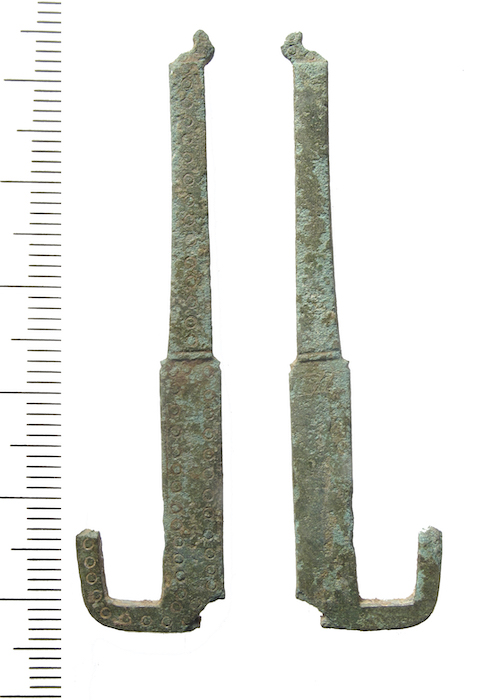
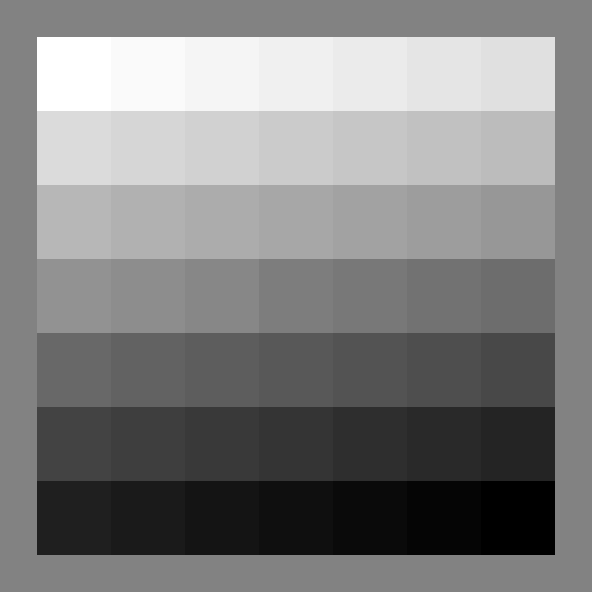
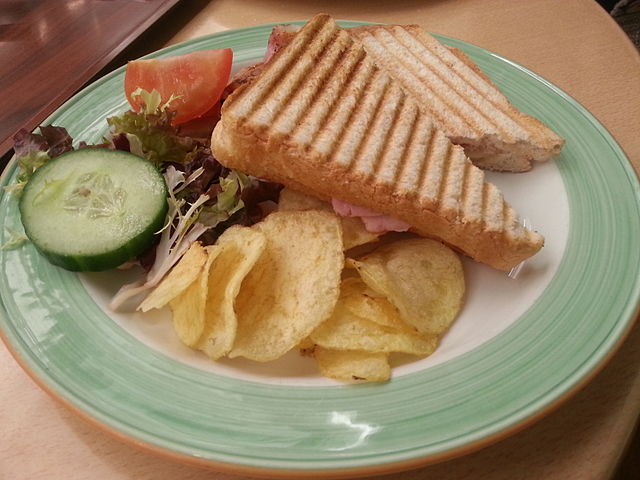

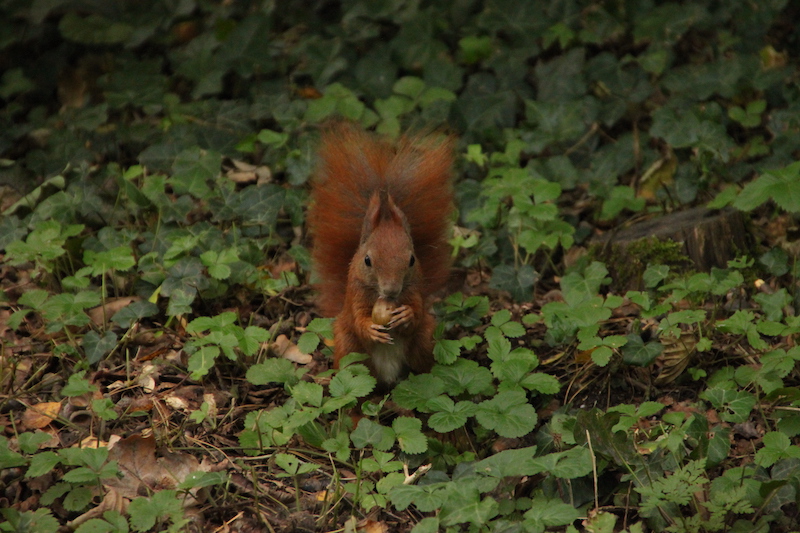
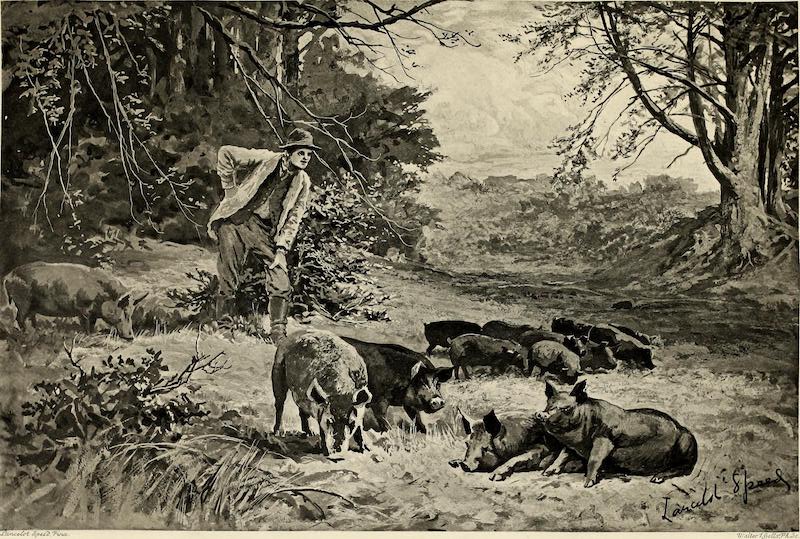
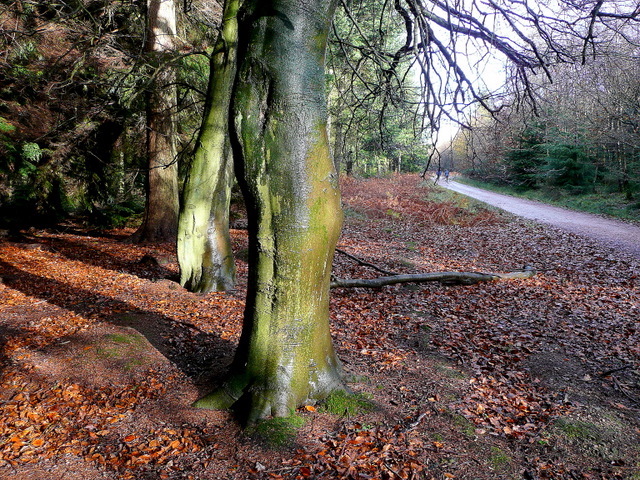
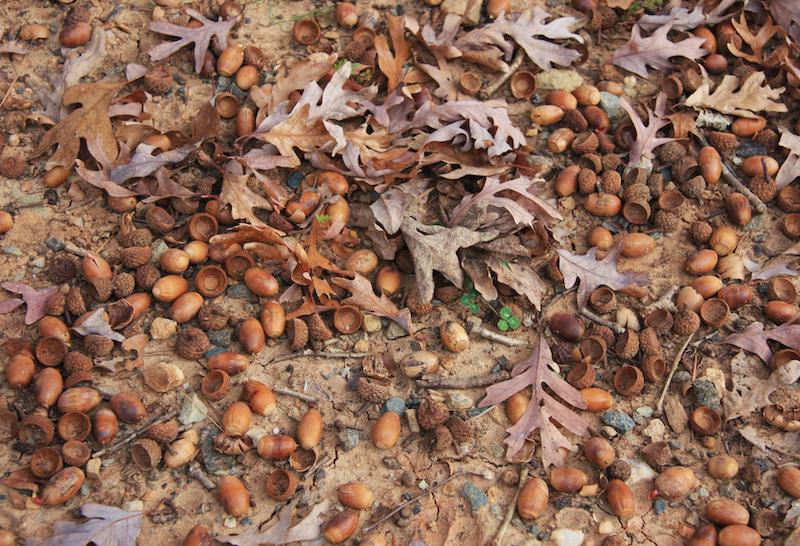
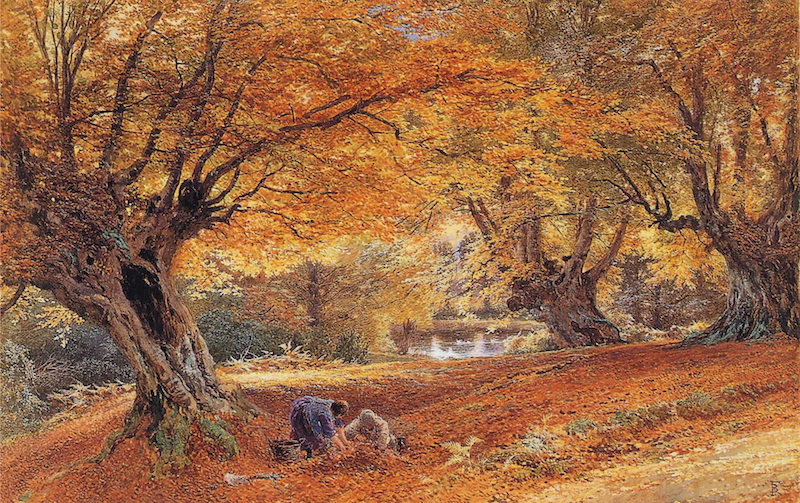
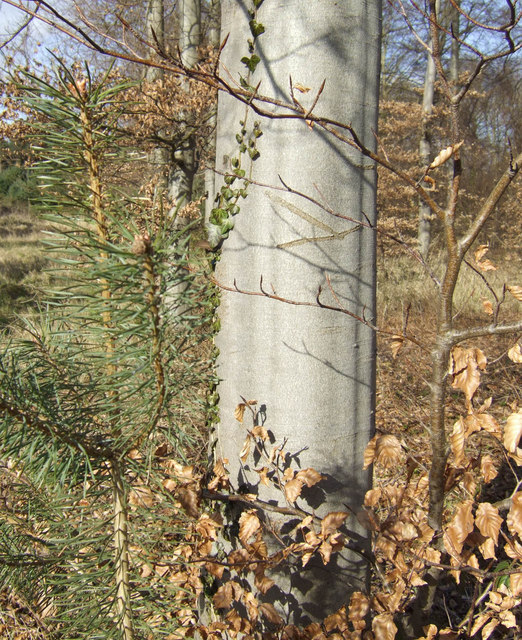
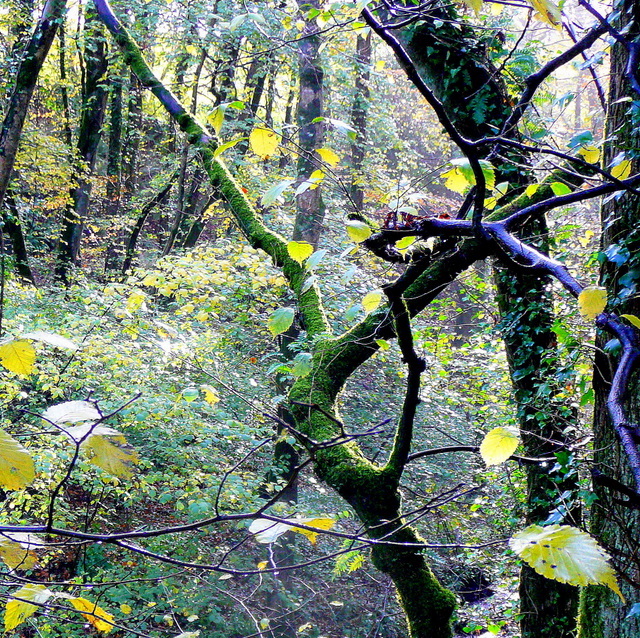

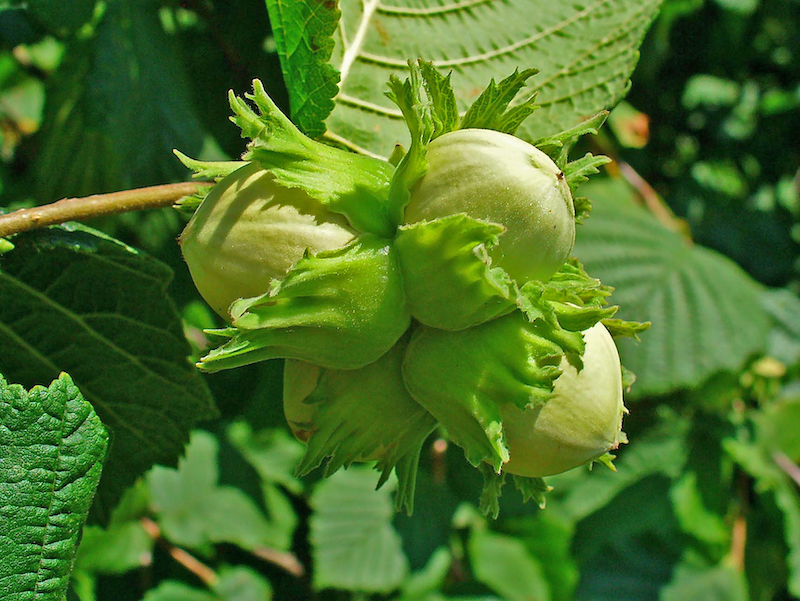
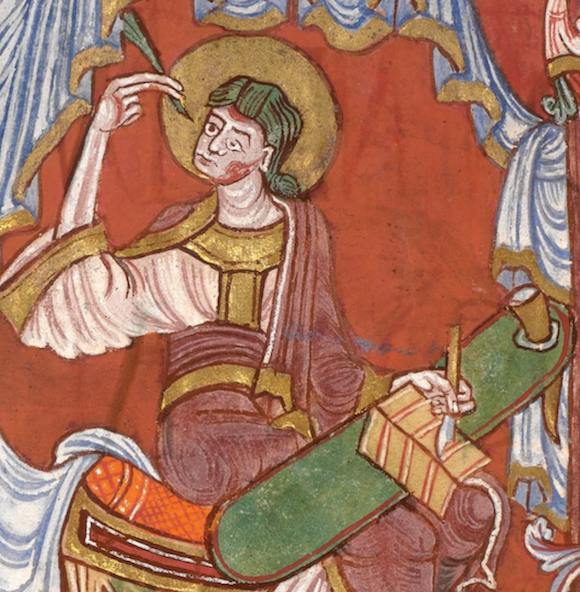
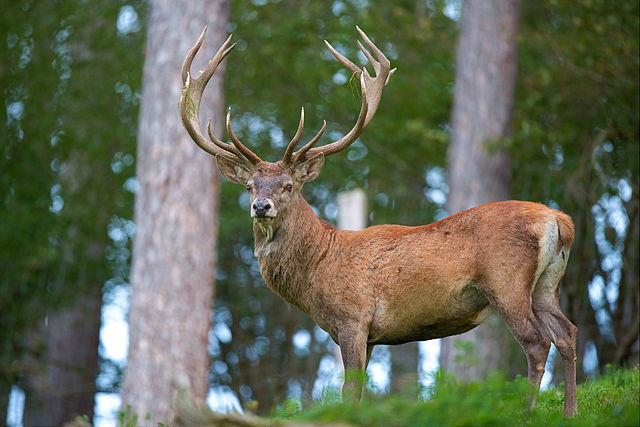
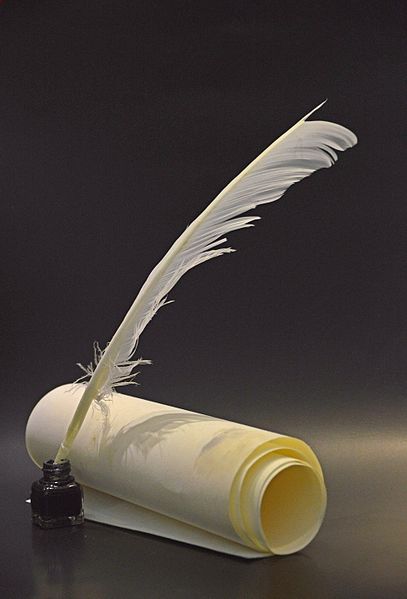

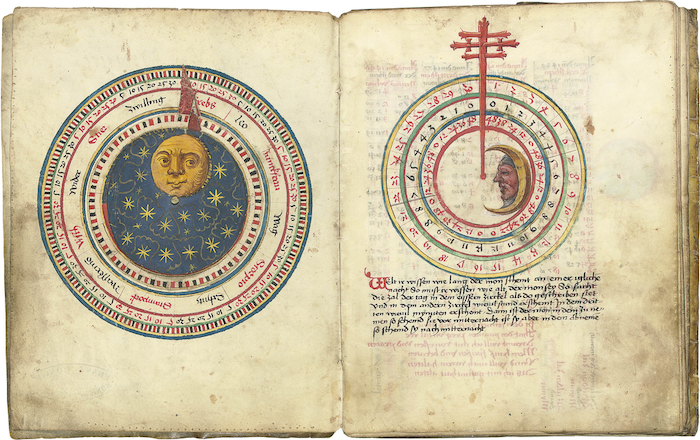


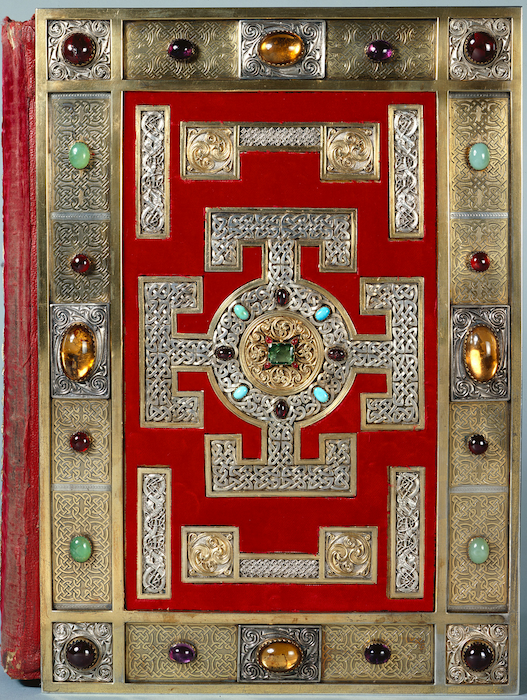
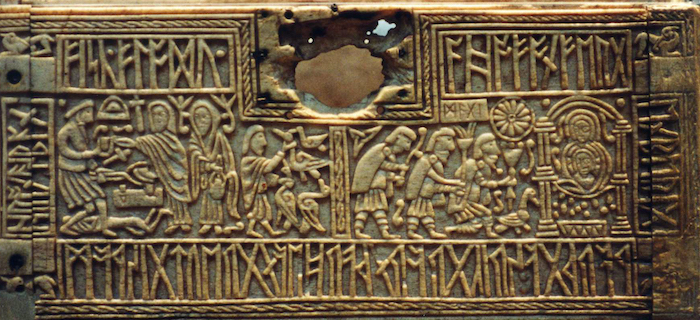
Commentary for Exeter Riddle 90
MEGANCAVELL
Date: Fri 30 Oct 2020Matching Riddle: Exeter Riddle 90
The first thing to note about Riddle 90 is that it’s not in Old English! In fact, this little five-liner is the only entirely Latin poem to appear in the Exeter Book. There are bits of Latin elsewhere – a chunk of The Phoenix (lines 667-77) switches between Old English and Latin, and a cipher in Riddle 36 includes a Latin encryption (line 5) – but Riddle 90 is its own special beast.
There are, of course, hundreds of Latin riddles that were composed in and around England during the early medieval period. We have whole collections by high-ranking ecclesiasts Aldhelm, Tatwine, Eusebius, Boniface and several anonymous folks. Some of these collections (and their predecessor Symphosius, the late antique North African riddler extraordinaire) inspired Old English riddles from the Exeter Book.
But why include a single Latin riddle among the otherwise entirely Old English collection? I don’t have an answer to that question because Riddle 90 has stumped scholars for centuries (sorry)!
Several early would-be solvers suggested that the riddle was pointing to a particular individual like the Old English poet Cynewulf or archbishop Wulfstan, while Patricia Davis and Mary Schlueter – arguing for the solution “Augustine and Tertullian” (both famous theologians) – maintain that an anagram solution made it impossible to translate this riddle out of Latin.
Mercedes Salvador-Bello recently suggested that the compiler of the Exeter Book, in trying to assemble a collection of a hundred riddles (like Symphosius’ and Aldhelm’s collections), began to run out of material and started adding miscellaneous riddles to get to this number (page 108). There are often links between sequences of riddle earlier in the manuscript, but at the end it’s a free-for-all!
In fact, Salvador-Bello argues that Riddle 90 isn’t a riddle at all. Instead, she suggests it’s a school exercise in Latin grammar, and that the composer is either a student or an amateur poet who makes a LOT of mistakes (page 121). Some of these Latin errors have been smoothed out in Williamson’s edition, so you’ll need to consult his book’s notes (pages 387-8) or Salvador-Bello’s article for a full reckoning of how truly terrible the Latin riddle is!
So, if Riddle 90 isn’t a riddle, that goes a long way to explaining why no one has been able to solve it conclusively. Not that people haven’t tried…
One of the earliest convincing solutions – and I’m leaving out all the folks who translated lupus as a type of fish and came up with bizarre solutions based on that reading – is Henry Morley’s Agnus Dei (Lamb of God) (pages 224-5). The first few lines of Riddle 90, where a lamb tackles and holds down a wolf, work really well with a Christian theological interpretation like this. Christ is the Lamb of God and the wolf is the devil – a common metaphorical association in the Bible and biblically-inspired medieval writings. Leslie Whitbread develops this suggestion in 1946 by suggesting that the bizarre end to Riddle 90 involves the two criminals crucified with Christ. This isn’t entirely convincing and gets a bit silly when it comes to figuring out what the final line’s play-with-numbers means.
Photo (by Rob Roy) of the Sutton Hoo purse lid with its violent wolves on either side, via Wikimedia Commons (licence: CC BY-SA 2.5).
I actually quite like Whitbread’s follow-up note in 1949 that points to the wolves on the Sutton Hoo purse lid who are attacking a warrior. But there’s still no persuasive explanation of how the seven eyes come into play, as Whitbread imagines the composer of Riddle 90 had a particular material object in mind (unlikely!).
James E. Anderson’s overly complicated solution Candelabra does focus on the number seven in great detail. He suggests that the riddle is playing on the Lamb of God idea and the use of a seven-branched candelabrum in a mass about Christ’s harrowing of hell during Easter holy weekend.
Photo of a late 10th/early 11th-century seven-branched candelabrum from Essen Minster, via Wikimedia Commons (public domain).
Light is frequently associated with eyes and vision in early medieval literature, so the seven candles could be evoked in that reference to seeing in the final line. Anderson also suggests that a spiked candelabrum without its candles could evoke a sharp-toothed wolf (page 84). Perhaps there was even a wolf engraved at the base of the four-footed candelabrum? Of course, we’d need to imagine the use of two of these candelabra both for liturgical purposes and because there are two wolves afflicting a third figure in Riddle 90. I’m not sure I’ve done Anderson’s interpretation justice because it’s really quite complicated. I don’t buy it, personally, but I’m a grumpy person and hard to convince at the best of times.
I do really want to believe Craig Williamson’s suggestion that the Latin riddle is a play on an Old English word (and so the Latin poem does belong in this Old English collection!) (page 385). Williamson argues that we should solve it as Web and Loom, assuming wordplay on the Old English wulflys – wul meaning “wool” and flys meaning “fleece.” This wool-fleece would be the web that’s in process upon the loom. He notes that “the riddler makes a game of construing the word as a wulf plus flys where the lamb (agnus) holds the wolf (lupus) and indeed seizes (capit) the belly or entrails (viscera) of the wolf and thus metaphorically commandeers its last letter. Thus the flys seizes f from the wulf” (page 385). I think this reading is ingeniously clever, but the final lines still don’t really add up.
Drawing of a loom from Montelius’s Civilisation of Sweden in Heathen Times, p. 160, via Roth’s Ancient Egyptian and Greek Looms, p. 34.
We could read the riddle alongside Riddle 56’s violent loom because wolves definitely have a connection to battle and death (they’re always eating the dead in the gorier Old English poems, with their “Beasts of Battle” motif). It doesn’t seem like too much of a stretch – if you know a thing or two about looms – to read the two wolves in the final lines as the two sets of dangling-down warp threads taking hold of the third set of threads, the weft that is being woven (page 385-6). But the four feet and seven eyes work less well. Most warp-weighted looms have two feet and are propped against a wall because this makes them easy to disassemble and put away. I suppose we could imagine a more permanent, four-footed loom. So, fine, the four feet aren’t a problem.
Photo of early medieval loom weights from Bedford Museum, via Wikimedia Commons (public domain).
Williamson’s suggestion that the seven eyes are the round loom-weights at the bottom makes little sense, though, since these weights should appear in an even number. He concludes that maybe “the riddler meant to refer to seven pairs of eyes, fourteen rings together, seven on each side in a row” (page 386). Sure, maybe. Or maybe this isn’t a riddle at all, and we’ve been making it work waaaaaaaay too hard for too long.
What is clear from Riddle 90 is that we have a similar interest in witnessing a wonder as we do in other Exeter Book riddles. We also have some sort of number puzzle, even if no one can work it out! We’ve got all sorts of wolves running rampant, but that’s to be expected from early medieval poetry, which likes to use these animals as a metaphor for the devil, sinners and all manner of unpleasant individuals. And we have a really striking image of power dynamics reversed, in the lamb taking hold of the wolf, which seems to have religious connotations. Whether we try to push these images, puzzles and clues to find a solution or whether we accept that this little poem is just an exercise in Latin grammar that has got out of hand…well, ultimately that’s up to you!
References and Suggested Reading:
Anderson, James E. “Exeter Latin Riddle 90: A Liturgical Vision.” Viator, vol. 23 (1992), pages 73-93.
Davis, Patricia, and Mary Schlueter. “The Latin Riddle of the Exeter Book.” Archiv für das Studium der neueren Sprachen und Literaturen, vol. 226 (1989), pages 92-9.
Morley, Henry. English Writers II, From Caedmon to the Conquest. London, 1888.
Salvador-Bello, Mercedes. “Exeter Book Riddle 90 under a New Light: A School Drill in Hisperic Robes.” Neophilologus, vol. 102 (2018), pages 107-23.
Whitbread, Leslie. “The Latin Riddle in the Exeter Book.” Notes and Queries, vol. 190 (1946), pages 156-8.
Whitbread, Leslie. “The Latin Riddle in the Exeter Book.” Notes and Queries, vol. 194 (1949), pages 80-2.
Williamson, Craig. The Old English Riddles of the Exeter Book. Chapel Hill: University of North Carolina Press, 1977.
Tags: anglo saxon exeter book riddles old english solutions riddle 90
Related Posts:
Commentary for Exeter Riddle 36
Commentary for Exeter Riddle 56
Exeter Riddle 36
Exeter Riddle 56